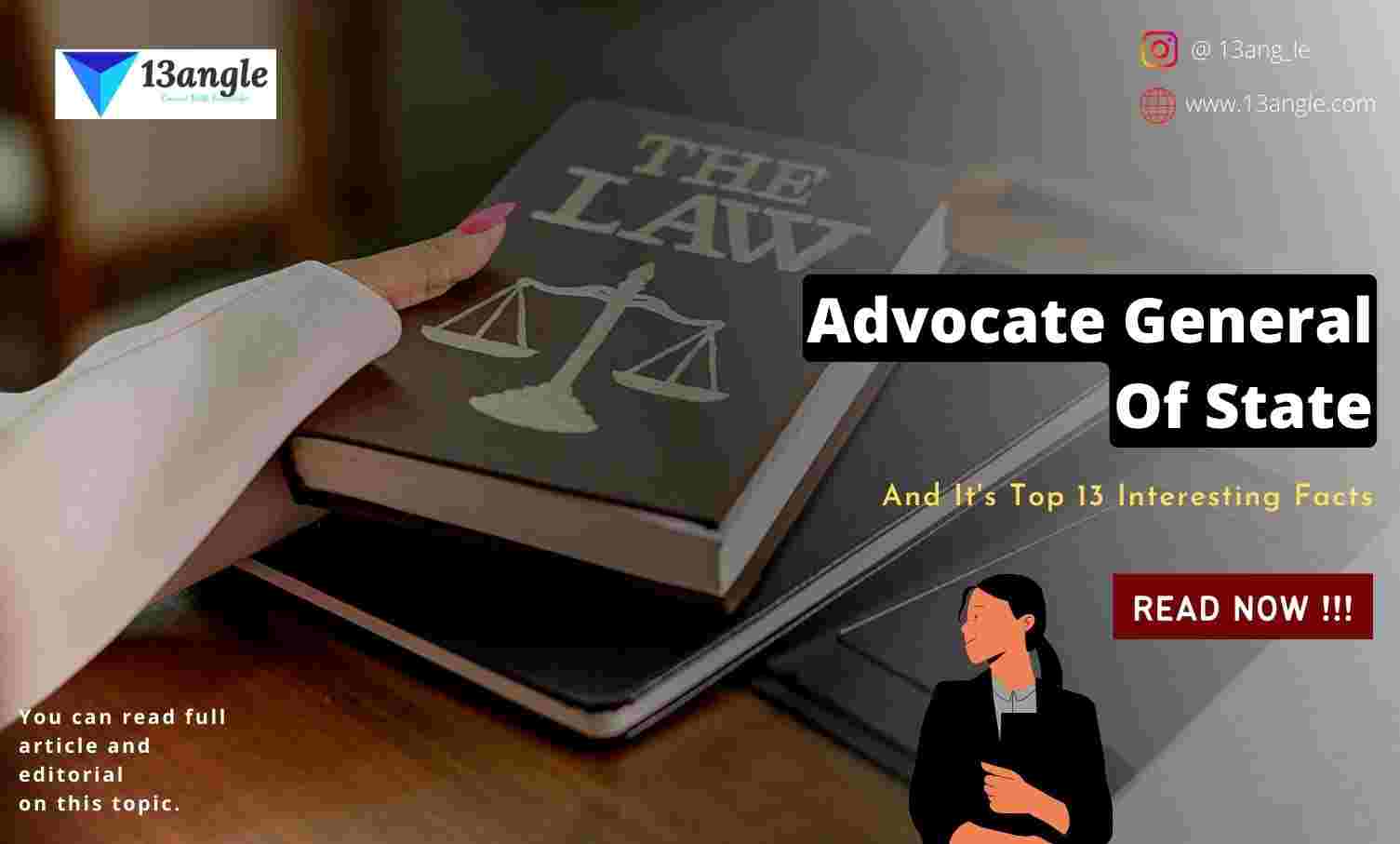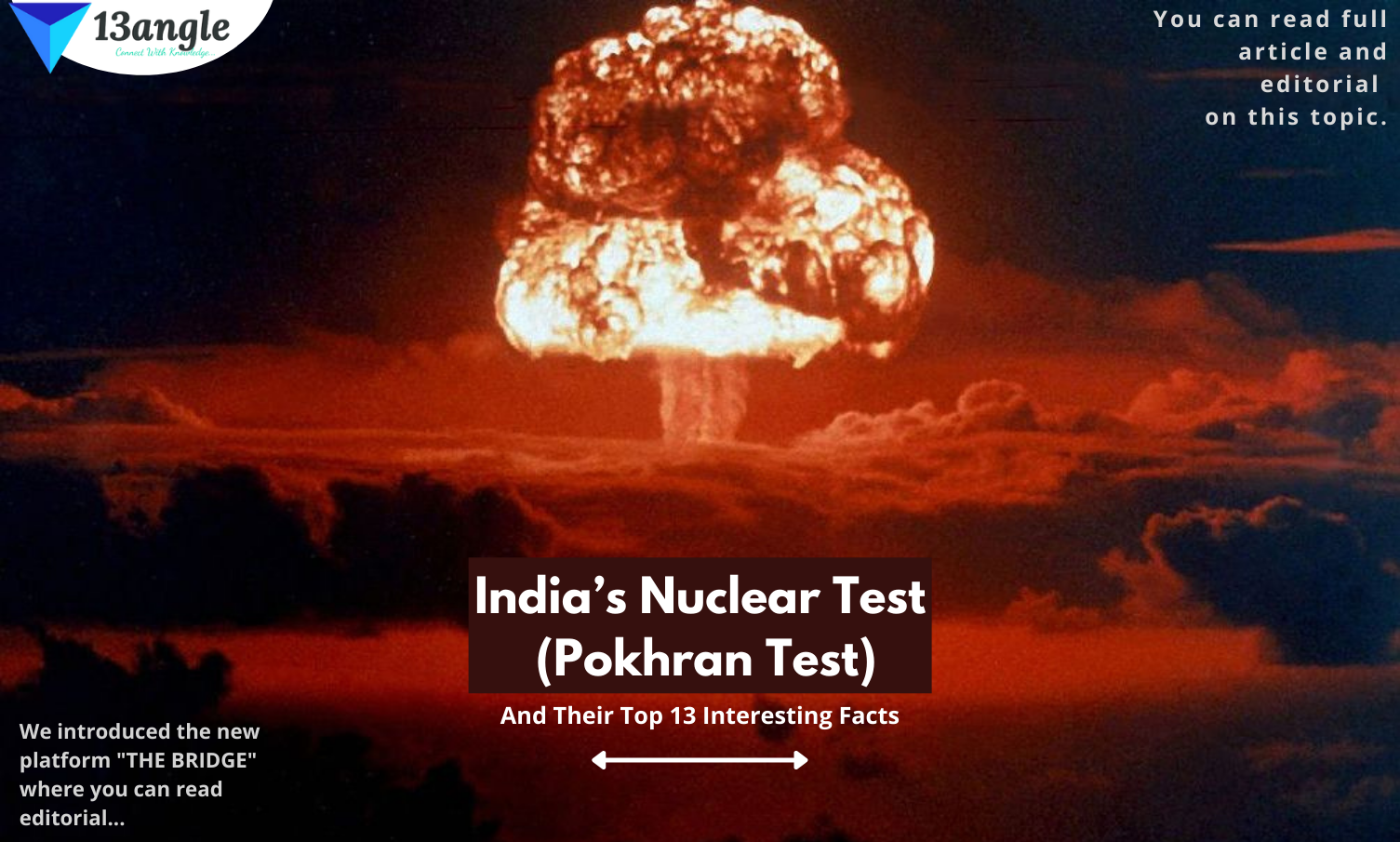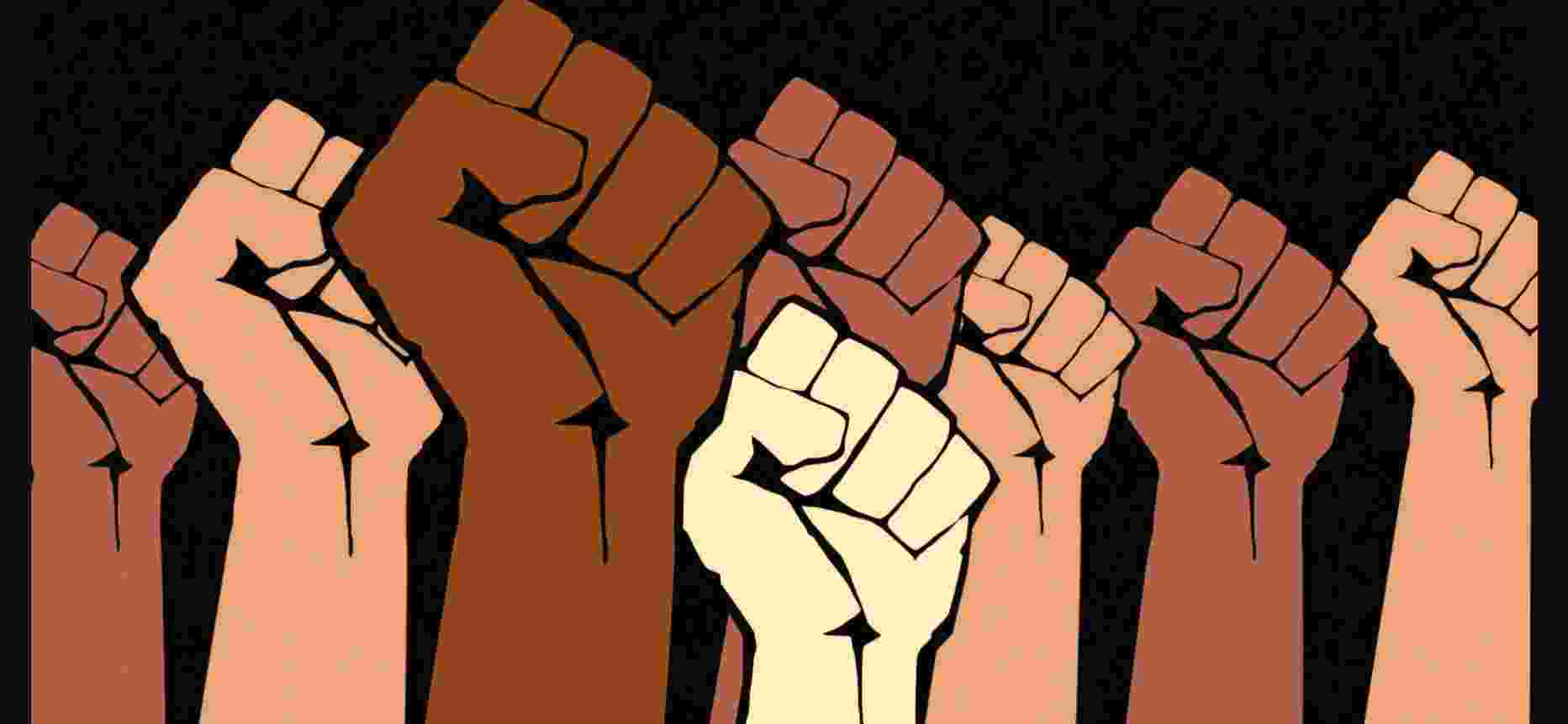
Introduction
Human rights are the fundamental rights that each human being has as a result of his or her birth into the human race. It is present in every human individual, regardless of nationality, religion, language, sex, color, or any other factor. Human Rights are defined as “the rights pertaining to life, liberty, equality, and dignity of the person guaranteed by the Constitution or reflected in international covenants and enforceable by Indian courts” according to the Protection of Human Rights Act, 1993.
Human Rights protection is critical for the growth of the country’s people, which in turn contributes to the development of the country as a whole.
Every person of India is guaranteed basic human rights under the Indian Constitution.
The Constitution’s founders made every effort to include all of the required provisions. The scope of human rights has, nevertheless, broadened as a result of ongoing changes. Parliamentarians are increasingly playing a significant role in recognizing people’s rights and passing statutes, changing clauses, and so on as needed.
Development Of Human Rights
Human rights in India have been around for a long time. The fundamentals of Buddhism and Jainism may simply be identified. Human rights clauses were also found in Hindu religious writings and manuscripts such as the Gita, Vedas, Arthasatra, and Dharmashastra. Muslim monarchs like Akbar and Jahangir were also admired for their concern for human rights and justice. People in India were subjected to severe violations of various rights during the early British rule, which contributed to the development of current Human Rights law in the country.
On January 24, 1947, the Constituent Assembly resolved to establish a Fundamental Rights Advisory Committee, chaired by Sardar Patel. Dr. B. R. Ambedkar, B. N. Rau, K. T. Shah, Harman Singh, K. M. Musnshi, and the Congress expert group drafted a list of rights. Despite the fact that just a few revisions were offered, there was essentially no dispute on the underlying ideas. The Indian Constitution almost entirely covered the rights in the Universal Declaration of Human Rights, either in Fundamental Rights or in Directive Principles of State Policy. The Motilal Nehru Committee Report of 1928 covered nineteen essential rights, eleven of which appear in the Fundamental Rights section and three in the Fundamental Duties section.
International Human Rights And Fundamental Rights (Part III Of COI)
On January 1, 1942, India ratified the Universal Declaration of Human Rights. The Fundamental Rights are included in Part III of the Indian Constitution, popularly known as the Magna Carta. These are the rights that can be directly enforced against the government if they are violated. Article 13(2) bans the state from enacting legislation that violates fundamental rights. It always states that if a component of the legislation is found to be in violation of the Fundamental Rights, that part of the law would be deemed void. If the invalid component of the act cannot be isolated from the rest of the act, the entire act may be pronounced void.
“The Universal Declaration of Human Rights may not be a legally enforceable instrument, but it illustrates how India understood the nature of human rights at the time the Constitution was enacted,” the Supreme Court said in Keshvanand Bharti v. the State of Kerela.
In the case of Chairman, Railway Board & Ors. V. Chandrima & Ors., it was stated that the UDHR had been recognised by the United Nation general assembly as a Model Code of Conduct.
If necessary, the principles may have to be read in domestic jurisprudence.
The following are the provisions in the Universal Declaration of Human rights, as well as the similar clause of the Indian Constitution:
Brief Description of Provision | UDHR | COI |
Equality and equal protection before law | Article 7 | Article 14 |
Remedies for violation of Fundamental Rights | Article 8 | Article 32 |
Right to Life and personal liberty | Article 9 | Article 21 |
Protection in respect for conviction of offenses | Article 11(2) | Article 20(1) |
Right to property | Article 17 | Earlier a Fundamental Right under Article 31 |
Right to freedom of conscience and to practice, profess, and propagate any religion | Article 18 | Article 25(1) |
Freedom of speech | Article 19 | Article 19(1)(a) |
Equality in the opportunity of public service | Article 21(2) | Article 16(1) |
Protection of minorities | Article 22 | Article 29(1) |
Right to education | Article 26(1) | Article 21A |
- Some of the rights that were not previously included in the Fundamental Rights but are now incorporated in the ICCPR. Various legal pronouncements regarded them to be Fundamental Rights. The right to a fair trial, the right to privacy, the right to legal help, and the right to travel abroad are only a few of them. I’ll go through them in depth in the second half of this essay.
International Covenant On Economic, Social, And Cultural Rights (ICESCR) And Directive Principles Of State Policy (Part IV of COI)
- The International Covenant on Economic, Social, and Cultural Rights (ICESCR) is a multinational treaty that focuses on social and cultural rights such as food, health, education, and housing. On April 10, 1979, India approved the treaty. The Indian Constitution’s Part IV (DPSPs) contains the majority of the clauses in this covenant.
The following are the provisions of the ICESCR, as well as the comparable provisions of the Indian Constitution:
Brief Description of Provision | ICESCR | COI |
Right to work | Article 6(1) | Article 41 |
Equal Pay for equal work | Article 7(a)(i) | Article 39(d) |
Right to a living wage and decent standard for life. | Article 7(a)(ii) & (d) | Article 43 |
Humane conditions of work and maternity leave. | Article 7(b) and 10(2) | Article 42 |
Faculties and opportunities to children for prevention against exploitation. | Article 10(3) | Article 39(f) |
Improving public health and raising the level of nutrition and standard of living. | Article 11 | Article 47 |
Compulsory education for children | Article 13(2)(a) | Article 45 |
Protection of interests of minorities | Article 27 | Article 29(1) & 30 |
10 Human Rights Activists Who Make It Their Life's Mission To Give Others A Dignified Life
1. Kailash Satyarthi
- Nobel Peace Prize recipient Kailash Satyarthi has protected over 83,000 children from exploitation in 144 countries as an advocate for children’s rights and education and a battle against child labor. The International Labor Organization enacted Convention No. 182 on the worst forms of child labor as a result of his work, and it has since become a guiding force for governments all over the world.
2. Kriti Bharti
- Over 900 underage children have been saved as a result of Bharti’s campaigning. In India, she even oversaw the annulment of 150 child marriages. Bharti is the founder of the Saarthi Trust, which works to safeguard children who have been forced into marriage. Bharti is a rehabilitative psychologist who works with troubled children to help them overcome their problems.
3. Lakshmi Agarwal
- Michelle Obama, the former First Lady of the United States, presented Agarwal with the International Women of Courage award. Agarwal, an acid assault survivor, is the director of the NGO Chhanv Foundation, which advocates for acid attack victims. Agarwal was also the driving force behind a petition to stop acid assaults in India, gathering 27,000 signatures. Her actions prompted the Supreme Court to order the federal and state governments to prohibit the selling of acid.
4. Ashok Row Kavi
- Kavi is a gay rights activist and the founder of the Humsafar Trust, an LGBT health organization that strives to legalize homosexuality in India and empower sexual minorities. Since the 1980s, Kavi has been a leading figure in the LGBT rights movement, having launched India’s first homosexual magazine, Bombay Dost, in 1990.
5. Bezwada Wilson
- Wilson has long been an outspoken opponent of the dehumanizing practice of manual scavenging. Out of the 6 lakh persons still working as manual scavengers, Wilson has rehabilitated 3 lakhs. His Safai Karmchari Andolan prompted the Supreme Court to order that all states and union territories compensate the families of manual scavengers who died while working in sewers. He also received the Ramon Magsaysay Award for “advocating for the intrinsic right to a dignified existence.”
6. Lenin Raghuvanshi
- Raghuvanshi is a Dalit rights activist who has dedicated his life to improving the lives of those who live at society’s margins. He is a member of the People’s Vigilance Committee on Human Rights, which he founded. He also fought relentlessly to eradicate bonded labor and revolutionize children’s education by encouraging girls to attend school, adopting non-traditional teaching methods, and redesigning educational institutions.
6. Sunitha Krishnan
- Krishnan, a rape survivor, discovered her life’s purpose in rescuing victims of sex trafficking and helping them find a respectable place in society. She is a co-founder of Prajwala, a Hyderabad-based NGO that saves women from prostitution and educates their children. She has saved over 10,000 women and children and has received the Padma Shri honor.
7. Aruna Roy
- Roy is a social activist who advocates for those who are marginalized in society. She has always been at the forefront of organizing movements to assist the underprivileged and marginalized. The Right to Information, the Right to Work (the NREGA), and the Right to Food Acts were all approved as a result of her perseverance and hard work
8. Shanta Sinha
- Sinha, an anti-child labor campaigner, organized a three-month experiment to make it easier for children to move from bonded labor to public schooling. She was influential in the abolition of child labor in the Ranga Reddy area of Andhra Pradesh, where over 2.5 lakh children were taught about their fundamental right to primary education.
9. Gopi Shankar Madurai
- Madurai, equal rights and indigenous rights campaigner, is one of India’s youngest activists and is openly genderqueer. He established India’s first genderqueer helpline and organized Asia’s first Genderqueer Pride Parade in Madurai. He formed the Srishti Madurai Volunteer Movement, which brings together LGBTQIA activists, academics, human rights advocates, and others to fight for the preservation of indigenous cultures.
Issues To The Human Rights In India
1. Right to Privacy
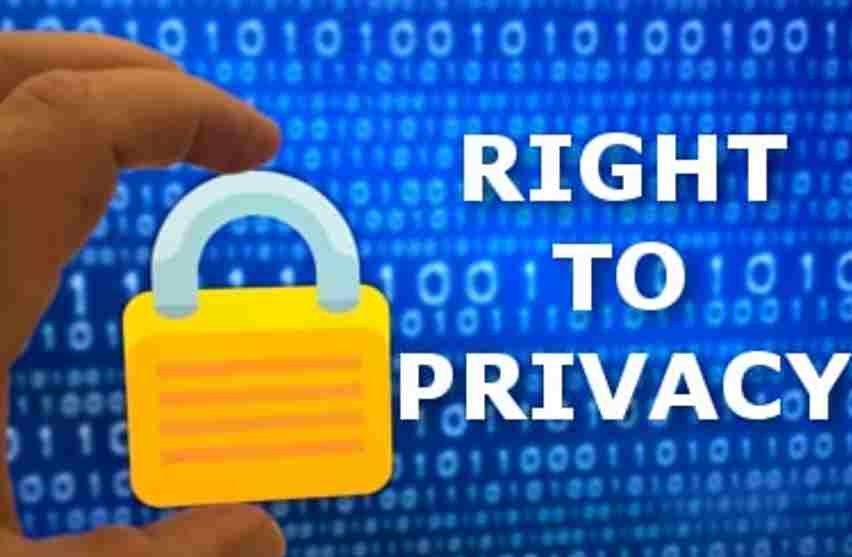
According to Article 21 of the Indian Constitution, the right to privacy is a guarantee of the right to life and personal liberty. The right to privacy is not an absolute right; it may be subject to reasonable restrictions for the prevention of crime, public disorder, and the protection of others. It may also arise out of a specific relationship, whether commercial, matrimonial, or political, and in the event of a conflict between these two derived rights, the one that advances public morality and public interest will prevail.
When we think of ourselves as members of society, we frequently forget that we are individuals first and that in this world, everyone needs their own personal space. To ensure that each individual has that right, the state is providing those private times for them to spend with people they choose, away from the prying eyes of the rest of the world.
2. Denial Of Fair Public Trial
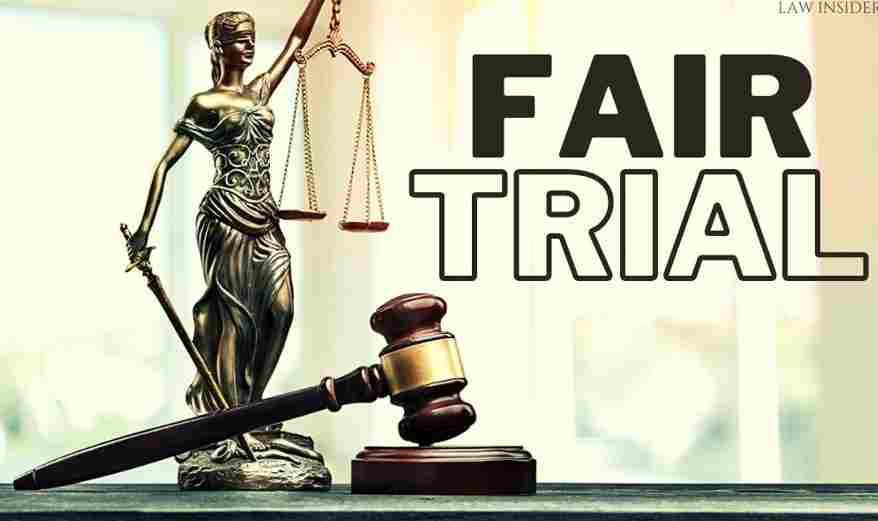
Although the law guarantees an independent court, and the government typically upholds this principle, the judicial system has been plagued by delays, capacity issues, and corruption.
The legal system remained severely overcrowded and lacked contemporary case management technologies, causing justice to be delayed or denied frequently. According to Department of Justice figures issued in September, there were 398 judicial vacancies among the country’s 25 high courts’ 1,079 judge seats.
Mohammed Yasin Malik, the commander of the pro-independence Jammu and Kashmir Liberation Front (JKLF), was arrested in April and charged with murder in the 1990 killings of four Air Force employees. The right to be physically present in court was denied to Malik. Human rights organizations in Kashmir, such as the JKCCS, have voiced worry over whether Malik is getting a fair trial.
The JKLF was labeled an illegal organization for five years under the UAPA by the Ministry of Home Affairs in March 2019. According to a ministry statement, Malik and the JKLF were involved in the “genocide” of Kashmiri Hindu Pandits in 1989, as well as the murder of air force personnel, kidnappings, and terrorism funding.
3. Political Prisoners And Detainees
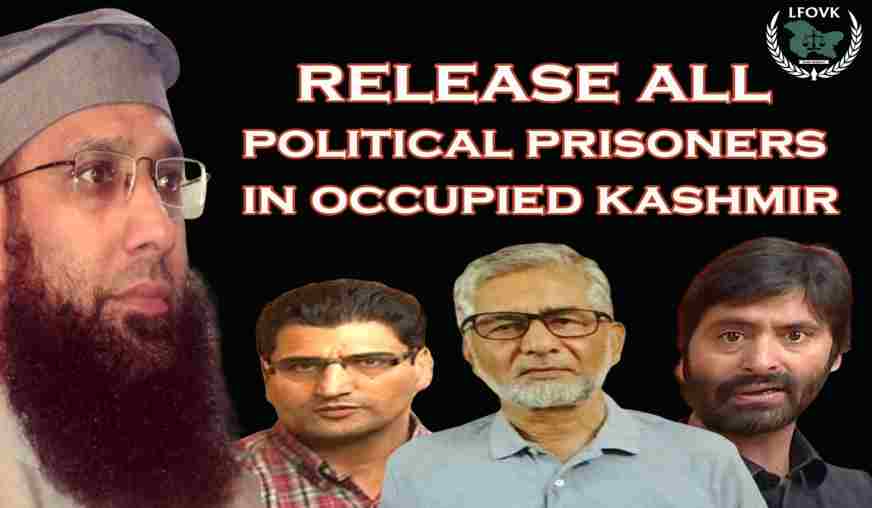
- There have been reports of political detainees and inmates. According to NGOs, the PSA was used by the central government to hold political prisoners and temporarily imprison persons in Jammu and Kashmir. The Ministry of Home Affairs notified parliament on September 15 that 223 political leaders from Jammu and Kashmir who had been held since August 2019 remained in custody, but that “no one is under house arrest.”
Conclusion
Human rights are fundamental rights that are necessary for a person’s growth as a human being. The Constitution protects fundamental rights such as Fundamental Rights and DPSPs. Fundamental rights have received more attention, and they are immediately enforceable in a court of law. A thorough examination of Parts III and IV of the Indian Constitution reveals that these two sections encompass nearly all of the rights outlined in the UDHR (Universal Declaration on Human Rights).
The judiciary has also taken significant moves, such as modifying the norms of ‘locus standi,’ so that anybody other than those who are impacted can now approach the court. The Supreme Court has interpreted the Fundamental Rights available to citizens, and now rights such as the right to privacy, the right to a clean environment, the right to free legal assistance, and the right to a fair trial, among others, are included.
Top 13 Interesting Facts About Human Rights
In 2011, the United Nations declared internet access a basic human right.
The concept of human rights is said to have originated some 2,500 years ago in modern-day Iraq. King Cyrus the Great freed slaves, established racial equality and the right to religious choice.
Everyone has a right to leisure and holiday, with pay.
Twenty-three nations around the world currently allow gay marriage.*
There are more than 300,000 child soldiers in conflicts around the world.
The Universal Declaration of Human Rights is the most translated document in the world. It is available in 370 languages.
Nearly 21 million people around the world are victims of forced labor.
Nepal is one of at least five countries where your gender can now appear as “other” on official documentation.
121 million children and adolescents have never had the chance to attend school, or have been forced to drop out.
In 2015 alone, the death penalty has been abolished in four countries.
Human rights include the right to life and liberty, freedom from slavery and torture, freedom of opinion and expression, the right to work and education, and many more. Everyone is entitled to these rights, without discrimination.
The main aim of Human Rights is to establish peace and security.
Throughout history, women have been denied the knowledge, means, and freedom to act in the best interest of themselves and their children


